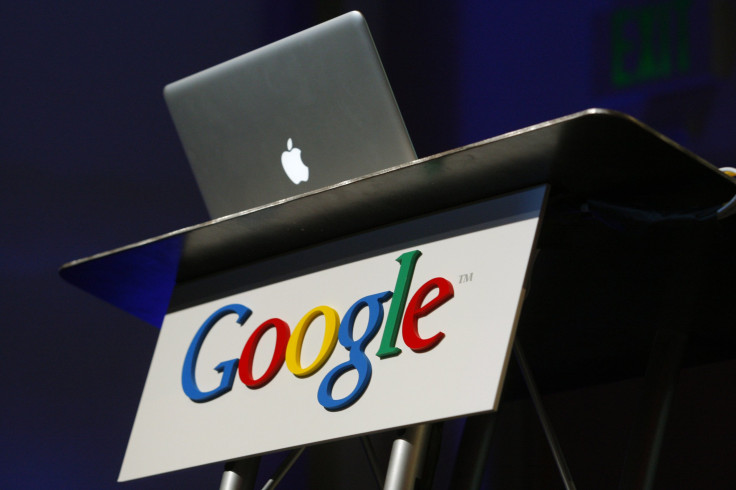Rockstar Bidco Sues Google: How Apple’s, Microsoft’s, Blackberry’s Patent Suit Is Bad For Consumers, Bad For Companies

Rockstar Bidco, a group of manufacturers of mobile phones, among other things, filed suit Thursday against Google for infringing on five of its patents. These patents, acquired last year from Nortel Networks Corp for $4.5 billion, are now being strategically used against Google, exactly as Google anticipated. This isn’t just bad news for Google, this is bad news for everyone -- including the plaintiff companies.
Nortel, which went bankrupt in 2009, sold its patents, nearly 6,000 of them, in a hotly contested 12-round auction between Rockstar and Google. Rockstar consists of five major mobile technology manufacturers who are competitors themselves: Apple, Microsoft, BlackBerry, Ericsson and Sony, albeit Ericsson and Sony are essentially the same company as they previously sold devices under one name.
Rockstar is suing for violations of five patents, all of which are basically patents of the same technology called the “Associative Search Engine,” which allows for the process of “matching search terms with relevant advertising and/or information based on those search terms and other user data.” For example, when you search for something on a Google Android device, the advertisements generated use the aforementioned technology.
The lawsuit claims “Google’s acts of infringement have caused damage to plaintiffs,” but those damages are not apparent (at least not at the consumer level) and exist purely as financial harm due to loss of licensing revenue. Furthermore, these damages didn’t exist until the consortium purchased the patents last year.
In essence, Rockstar argues that the companies that didn’t create the patented technology lost licensing revenue that they couldn’t charge for until last year, when they purchased the patents from a bankrupt company, which sold the patents as assets to offset losses. But the suit is legal, despite the oddity of it all.
While this patent suit looks like a basic tactic that might be found in a corporate litigation handbook, the consequences are dire. Ultimately, if Rockstar gets its way, Google will have to pay damages, halt phone sales and update the Android software or pay licensing fees to Rockstar, perhaps all of the above. These costs will presumably trickle down to the consumer in the form of higher phone costs to offset the damages and lost advertising revenue.
But why is this a bad move for Rockstar? If the alliance gets its way, Google, and any other maker of a device with Android installed, may have to halt phone sales. Even if briefly, this leads to a period of less competition. That might not sound like a bad thing. But consider the implication of consumers irate because they have broken phones and need to purchase new handsets, ultimately pushed into a device they may not want due to the lack of options. Their outrage would spread like wildfire, which is never good for a company.
Patent infringement cases like these (there have been hundreds like it before) go against the spirit of what the patent process seeks to do, which is to protect innovators and their ideas and therefore promote innovation through competition.
Historically, inventors were afraid of disclosing their new ideas to the public for fear of someone stealing them. Patents protected them and gave them the right to sue, thus preventing competitors from duplicating their ideas. The inventors can go on to make their products and sell it themselves, license someone else to do the previous, or sell the patent outright to another company, likely one better equipped to manufacture and market the patented idea.
But as technology is getting more and more nuanced, patents such as those cited in the Rockstar case are basically duplicates of themselves. This leads to more frequent patent infringement cases. So much so that Microsoft is citing it as a legitimate business plan, and outsourcing work to CPA Global in India.
With Android device sales on the rise, suits like the Rockstar-Google suit could be big money and therefore big costs to consumers and further bad press for the tech giants involved. Bad for consumers, bad for them.
The filing date in this case coincidentally falls on the same day as Google announced its newest handset, the Nexus 5.
© Copyright IBTimes 2025. All rights reserved.



















